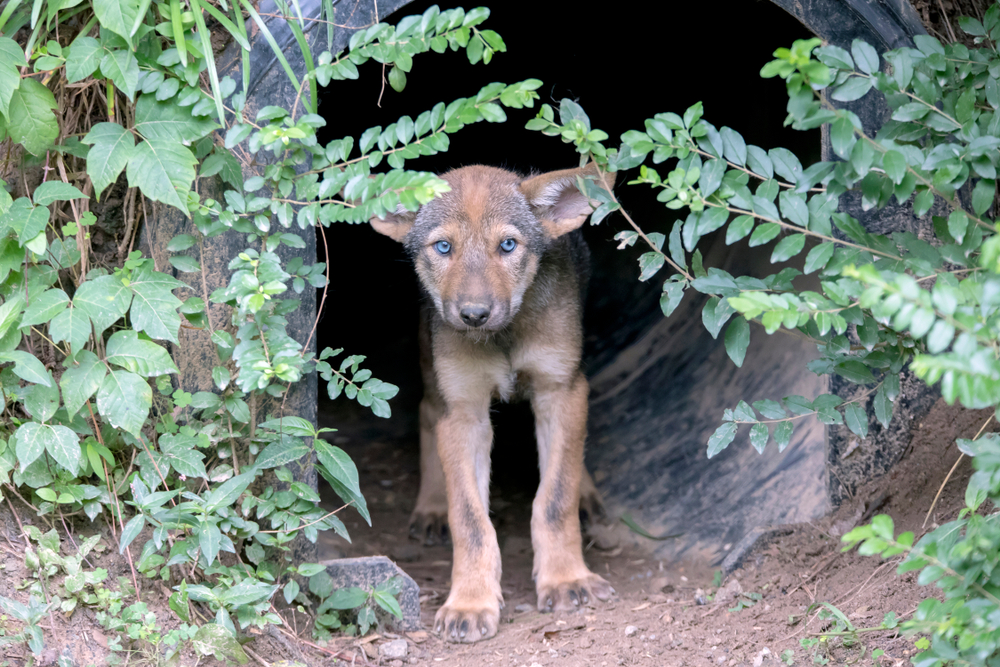A Rhode Island zoo recently announced the rare birth of an endangered red wolf, bringing new hope for the species’ survival. The red wolf is the world’s most endangered canid, which is why the birth of the pup, on May 5th, is such a remarkable conservation moment. Only about 15-20 red wolves remain in the wild, all of whom have their habitat in eastern North Carolina.
The now 28-day-old pup is the first red wolf born at the Roger Williams Park Zoo since 2005 and is the first successful birth for the mother Brave (aged 6) and father Diego (aged 7), the facility announced in a press release.
While the father Diego has recently been released into the wild, zookeepers and veterinarians will continue to monitor both the mother and the pup. The newborn has already been observed nursing and is steadily gaining weight. But the zoo will keep paying close attention to the pup over the next month which is a particularly important period for its development.
After the population continued to decline due to poaching and habitat loss, red wolves were declared extinct in the wild in 1980. But luckily that was not the end of it. To help the species survive, the US Fish and Wildlife Service collaborated with the Associations of Zoos and Aquariums to create the Red Wolf Species Survival Plan (SSP).
As a result of the SSP, the 14 remaining wild red wolves became part of a captive breeding program. The program aims to ensure the species’ survival by expanding their population and then reintroducing them into the wild.
The American red wolves get their name from their red-tinged fur. They are smaller than gray wolves and larger than coyotes. Their main prey includes smaller mammals such as raccoons and rabbits, but they will also occasionally hunt deer. In addition to howling, red wolves communicate through scent marking, body posture, and facial expressions, according to the zoo.
This story was part of our Best of 2022 series highlighting our top solutions from the year. Today we’re featuring environment and climate-focused solutions.











